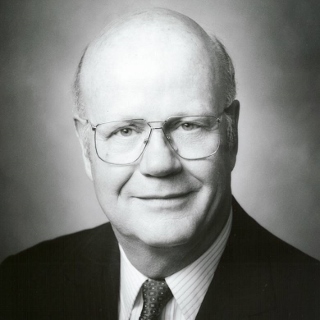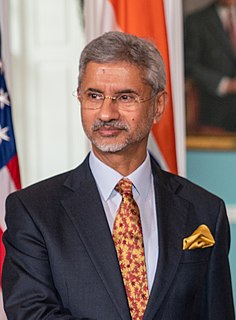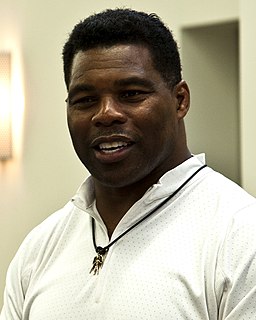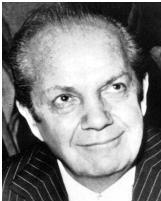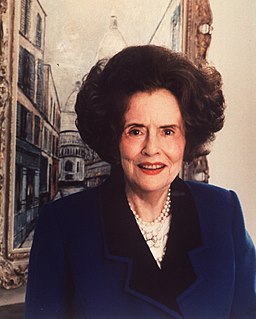A Quote by Paul Samuelson
Actually, in my advanced, high-falutin' frontier economics, I often work with what I define as 'money metric utility,' and I ask people, 'Do you really want that? What are you willing to pay for that?'
Related Quotes
Trickle-down economics - it didn't work. The whole idea was supply-side economics: give rich people a lot of money; they'll spend it, it'll go into the economy. Here's what we found out - rich people, really good at keeping all the money. That's how they got rich. If you want it in the economy, give it to the poor people. You know what they're really good at? Spending all their money.
There's a notion of art in this country that you have to be nutty or special or "called" in order to be an artist. I believe the questions everyone should ask themselves are, "Do you want to do it? Are you willing to do it poorly? Are you willing to do the work of doing it? Are you willing to persist when everybody tells you it's silly?" If you're willing to do that, then you can do it.
Work begets work. Just work. If you work, people will find out about you and want to work with you if you're good. So work anywhere you can. That's why I've changed my mind about these theatres where people work for free or have to pay money. I think it's kind of terrible that they feel they have to, but you know what? They're working.
Economists tell us that the 'price' of an object and its 'value' have very little or nothing to do with one another. 'Value' is entirely subjective economic value, anyway while 'price' reflects whatever a buyer is willing to give up to get the object in question, and whatever the seller is willing to accept to give it up. Both are governed by the Law of Marginal Utility, which is actually a law of psychology, rather than economics. For government to attempt to dictate a 'fair price' betrays complete misunderstanding of the entire process.



